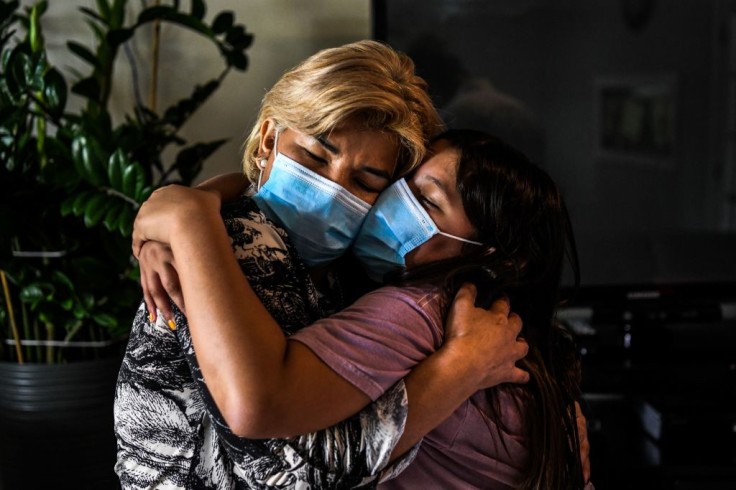
Motherhood never entered the mind of Allyson Jacobs during her 20s and 30s with her focus at that time on her career and enjoying the social scene in the Big Apple. It was not until the New Yorker turned 40 that she and her husband decided to start trying to have kids. The couple had a son when Jacobs was already 42 years old.
This has become increasingly common in the United States over the past three decades, according to a new report from the U.S. Census Bureau. Birthrates have declined for women in their 20s and jumped for females in their late 30s and early 40s. As a result of this trend, the median age of American women giving birth has been pushed from 27 to 30, the highest on record.
As an older parent who is celebrating Mother's Day now, Jacobs feels she has more resources for her nine-year-old son than she would have had in her 20s. Jacobs, who is a patients' services administrator at a hospital, told NBC News that there is definitely more wisdom and definitely more patience as an older mother.
Fertility rates increased by more than 132% for women between 40 and 44
Jacobs added that because they are older, they had the money to hire a nanny. The 52-year-old mom said they might not have been able to afford that if they were younger. Fertility rates may have dropped from 1990 to 2019 overall but the decline during that period was regarded as rather stable compared to previous eras. The age at which women had babies, however, has shifted.
According to the Census Bureau analysis based on National Center for Health Statistics data, fertility rates declined by almost 43 percent for women between the ages of 20 and 24 and by more than 22 percent for women between the ages of 25 and 29.
They increased by more than 67 percent at the same time for women between 35 and 39, and by more than 132 percent for women between the ages of 40 and 44.
Read Also : World Record Brood of Nonuplets Celebrate 1st Birthday With Parents Kader Arby and Halima Cisse
Decisions to prioritize education and careers resulting in older motherhood
According to University of Maryland sociologist Philip Cohen, decisions by college-educated women to invest first in their education and careers so they could be better off financially later when they had kids, as well as the working-class women's desire to wait until they were more financially secure, have contributed to the shift toward older motherhood.
Cohen said that when the economy was more farm-based in the past, parents often relied on their kids for income, putting their children to work in the fields, for example. That has changed over the last century or more in the United States, with parents becoming more invested in their children's futures, providing more support to their kids while they go to school and enter young adulthood.
Cohen added that having children later mostly puts women in a better position as they have more resources and more education.